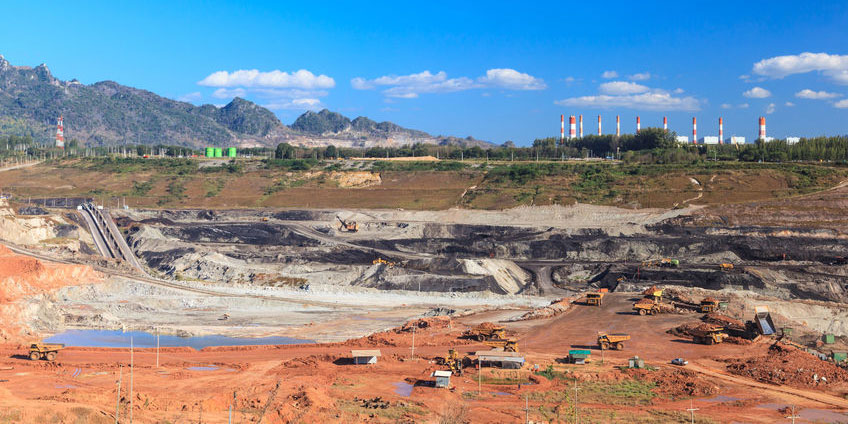The Ministry of Coal has welcomed the landmark decisions taken at the 56th meeting of the GST Council held in New Delhi, which have brought significant changes to the taxation structure of the coal sector. These reforms mark a transformative step towards AatmNirbharta in Coal and represent a balanced approach that benefits both coal producers and consumers alike.
Key Decisions of the 56th GST Council Meeting
- Removal of GST Compensation Cess: The Council has eliminated the ₹400 per tonne Compensation Cess previously levied on coal.
- Increase in GST Rate on Coal: The GST rate on coal has been raised from 5% to 18%.
The impact of the new reform on coal pricing and the power sector is a substantial reduction in overall tax burden, with coal grades G6 to G17 seeing decreases in the range of ₹13.40 per tonne to ₹329.61 per tonne. For the power sector, the average reduction is around ₹260 per tonne, translating into a cut of 17–18 paise per kWh in the cost of generation.
The rationalization of tax burden across coal grades ensures equitable treatment, replacing the earlier flat rate of ₹400 per tonne Compensation Cess which disproportionately affected low-quality and low-priced coal. For instance, G-11 non-coking coal produced in the largest quantity by Coal India Limited had a tax incidence of 65.85% compared to 35.64% for G2 coal. With the cess removed, tax incidence across all categories has now been aligned to a uniform 39.81%.
The boost to Aatmanirbhar Bharat and import substitution is evident as the removal of the cess levels the playing field, eliminating the earlier scenario where the flat rate of GST Compensation Cess at ₹400 per tonne resulted in the landing cost of high gross calorific value imported coal was lower than that of Indian low-grade coal. This reform strengthens India’s self-reliance and curbs unnecessary coal imports.
The reforms have also removed the Inverted Duty Anomaly by raising the GST rate on coal to 18%. Earlier, coal attracted 5% GST while input services used by coal companies attracted higher GST rates, normally at 18%. This disparity led to a huge accumulation of unutilized tax credit in the books of coal companies due to their lower output GST liability.
With no provision for refund, this amount kept increasing, blocking valuable funds. Now, the unutilized amount can be used over the coming years to pay off GST tax liability, leading to the release of blocked liquidity and helping coal companies mitigate losses due to the accumulation of unutilized GST credit and enhances financial stability.
The overall effect of the reforms, despite the increase in GST rates from 5% to 18%, is a lower tax incidence for final consumers, combined with a correction of the inverted duty structure that releases liquidity, eliminates distortions, and prevents large accounting losses for coal producers.
The decisions of the GST Council are expected to positively impact the coal sector by strengthening India’s self-reliance, supporting producers, benefiting consumers and aligning with the vision of Aatmanirbhar Bharat, making this a truly balanced reform.
 Indian Industry Plus A Pratisrutiplus Suppliment
Indian Industry Plus A Pratisrutiplus Suppliment












